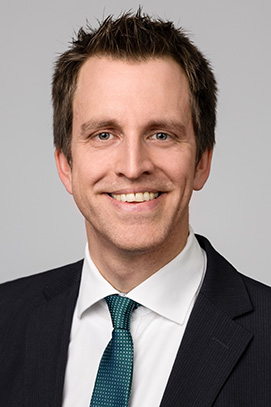Twin transformation in mechanical and plant engineering: How digitalization and sustainability together enable new business models and make the industry fit for the future.
MES play a central role when it comes to intelligent processes for sustainable production. They are the technological basis for ecologically responsible production methods without losing sight of economic efficiency.
Carelessly discarded packaging pollutes oceans and landscapes worldwide. The images of environmental pollution are well known and the need for action is great. Every individual bears responsibility.
Digitalization and AI are revolutionizing production processes. Real-time data analysis, condition monitoring and predictive maintenance ensure greater efficiency and customer benefits. Discover the future of meat and protein processing!
Maximum performance in meat and protein processing: Optimized production processes, automation and flexible system concepts reduce costs and increase efficiency. Find out how OEE and TCO ensure your competitiveness.
The workshop series of the Effizienz-Agentur NRW (efa) provides practical support for the NRW mechanical and plant engineering industry when entering into circular business models - this offers enormous potential even in times of crisis.
Carbon management is a central key to achieving climate targets and highlights the important role of mechanical and plant engineering in implementing appropriate solutions.
The ‘Circular Production NRW’ funding programme is supporting innovative projects for sustainable, resource-efficient and circular value creation in SMEs with 21 million euros.
Carbon Capture and Utilization (CCU) technology offers a promising opportunity to reduce unavoidable CO₂ quantities. This involves not only capturing carbon dioxide, but also reusing it as a valuable raw material in industry.
The "Produktives.NRW" competition call supports investments in critical technologies in the areas of digital innovations, environmentally friendly and resource-efficient technologies and biotechnology in NRW.
The more material - for example metals or plastics - that is not part of the final product, the higher the total material consumption and the higher the total greenhouse gas emissions.
ProduktionNRW looks at different areas of the transformation megatrend. Practical examples from the mechanical and plant engineering sector are used to show how implementation can succeed and which success factors are important.

